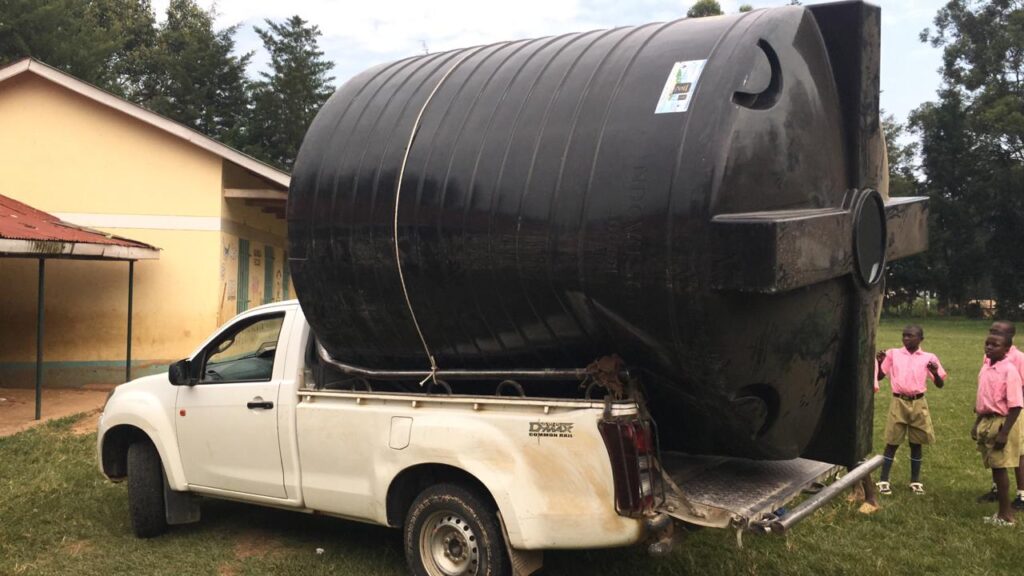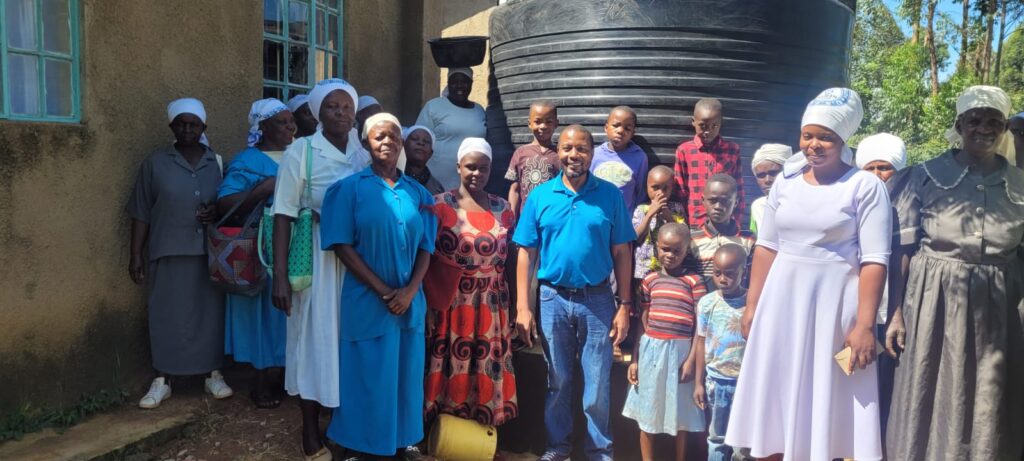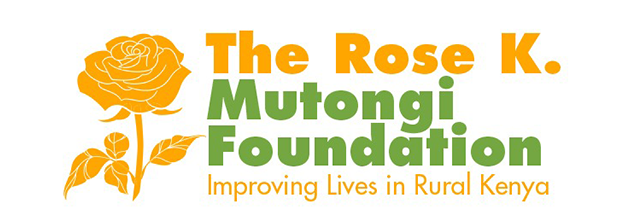A Path to Sustainable Development
Access to clean water and adequate sanitation is a fundamental human right, yet in Vihiga District, Western Kenya, this right remains unfulfilled for many. The region faces significant challenges related to water accessibility, which have profound implications for health, education, and economic development. This blog post explores the pressing issues surrounding water and sanitation in Vihiga and highlights the transformative impact of sustainable solutions.

Current Challenges in Water Accessibility
Vihiga District is characterized by high population density and poverty levels, with an average income of approximately two dollars a day. The area suffers from insufficient social resources and a persistent food deficit, leading to widespread malnutrition and health issues. High rates of HIV/AIDS have left many women widowed and resulted in numerous child-headed households, further complicating the region’s socio-economic landscape. Despite receiving ample rainfall, the district faces significant challenges in water accessibility. Many residents lack the facilities to harvest and store rainwater, forcing women and young girls to travel long distances to fetch water from contaminated streams and rivers. This not only exposes them to waterborne diseases such as cholera and typhoid but also consumes valuable time that could be spent on education or economic activities.
The Transformative Impact of Sustainable Water Solutions
Implementing sustainable water solutions can lead to significant improvements in health and quality of life for residents of Vihiga District:
- Health Benefits: Access to clean water reduces the incidence of waterborne diseases, improving overall community health.
- Economic Empowerment: With less time spent fetching water, women can engage in income-generating activities, while schoolgirls can focus on their education.
- Community Resilience: By investing in local infrastructure, communities become more resilient against climate variability and resource scarcity.
Collaborative Efforts for Sustainable Solutions
Efforts aimed at enhancing water, sanitation, and hygiene (WASH) services are crucial for addressing the challenges faced by Vihiga County. Collaborative initiatives that involve local communities in the design and implementation of water projects ensure that solutions are tailored to meet specific needs. Recent partnerships have focused on mapping existing water points and ensuring that new projects are designed with community input. These integrated approaches combine infrastructure development with education on hygiene practices, further enhancing the effectiveness of WASH initiatives.

Conclusion
The challenges faced by Vihiga District regarding water accessibility are significant but not insurmountable. By investing in clean water infrastructure and fostering community involvement, we can pave the way for healthier, more resilient communities capable of overcoming poverty and improving their quality of life. Access to safe water and sanitation is essential for sustainable development, making it imperative that we continue to support initiatives that prioritize these basic needs.
